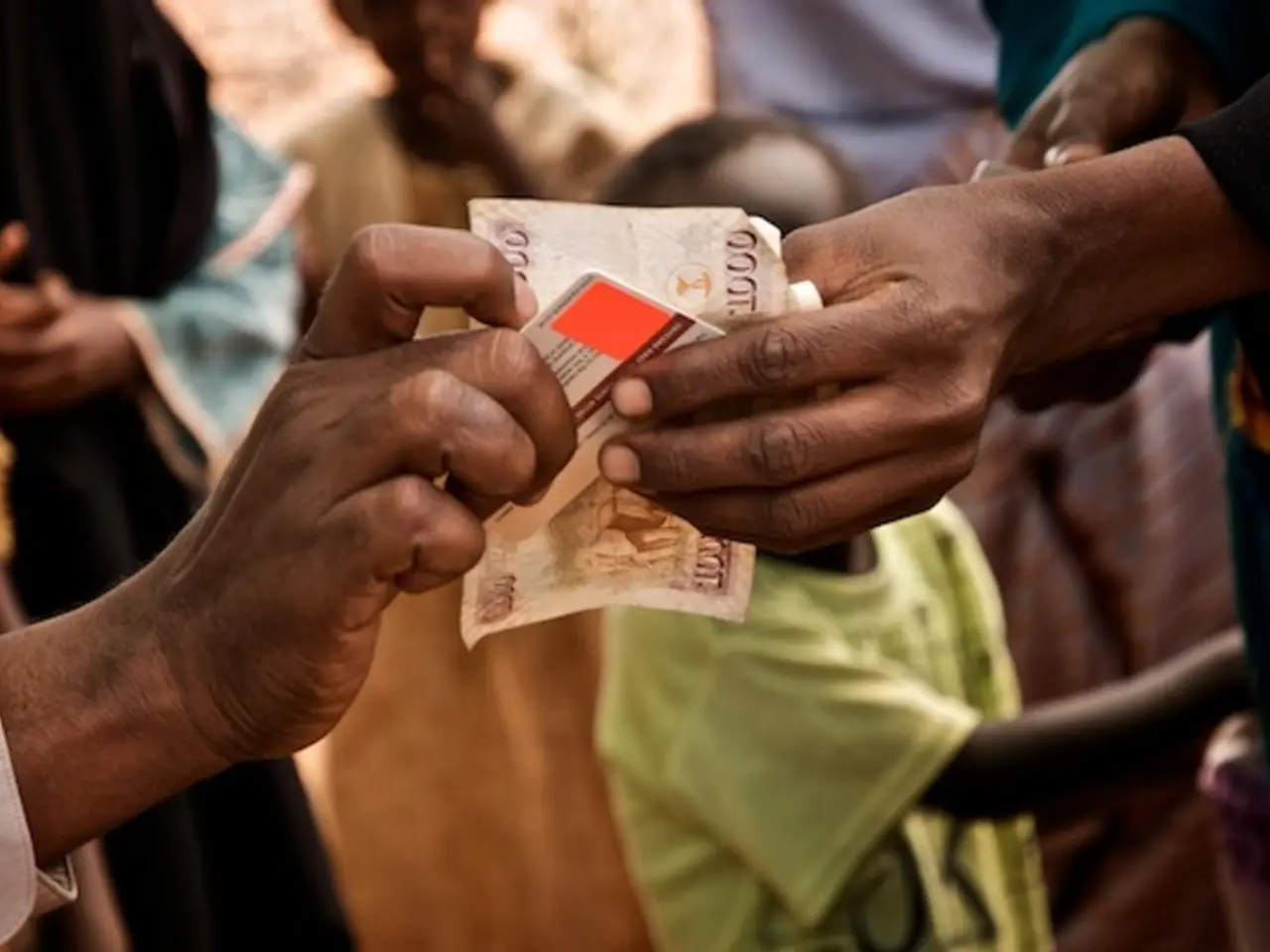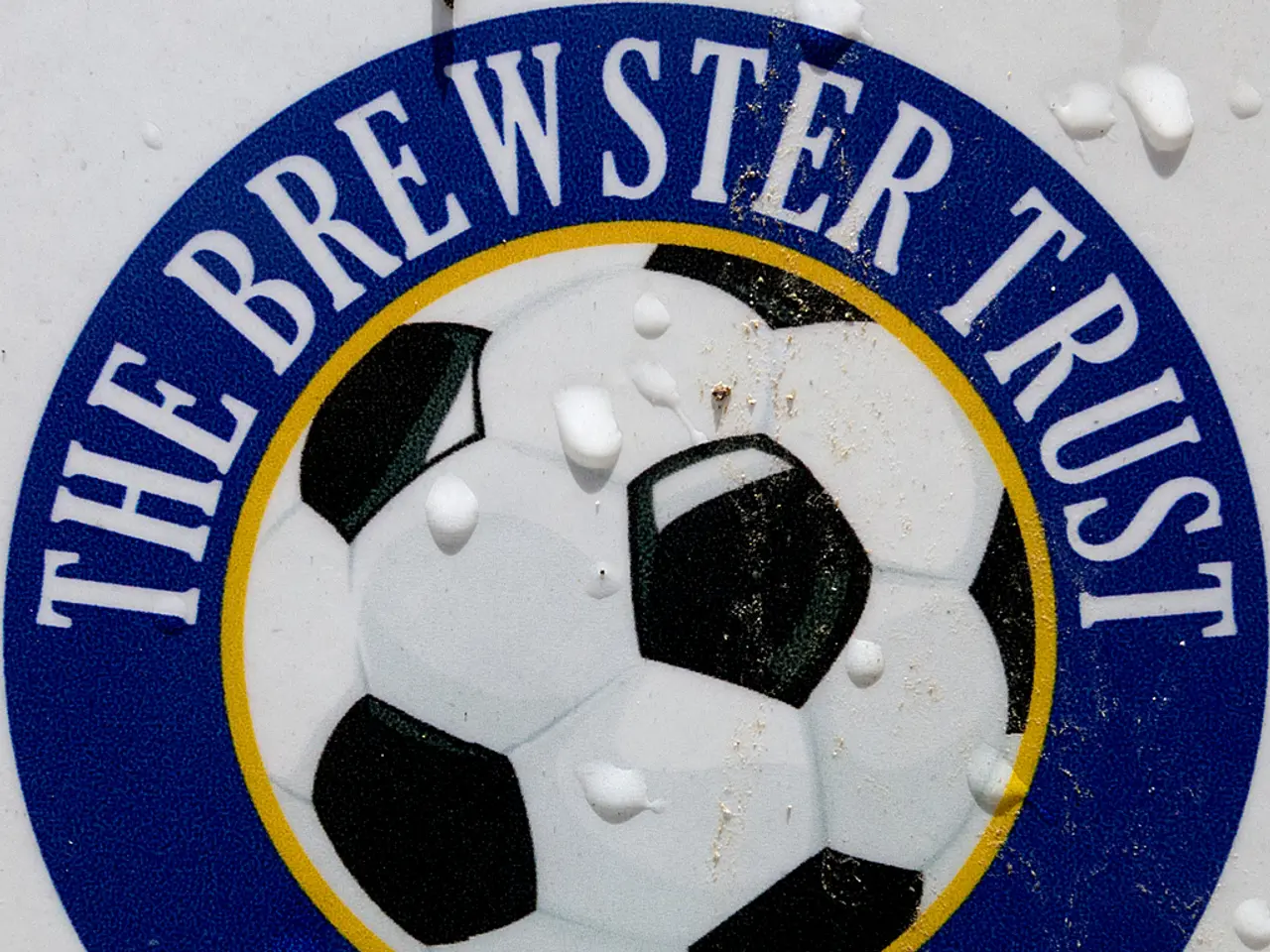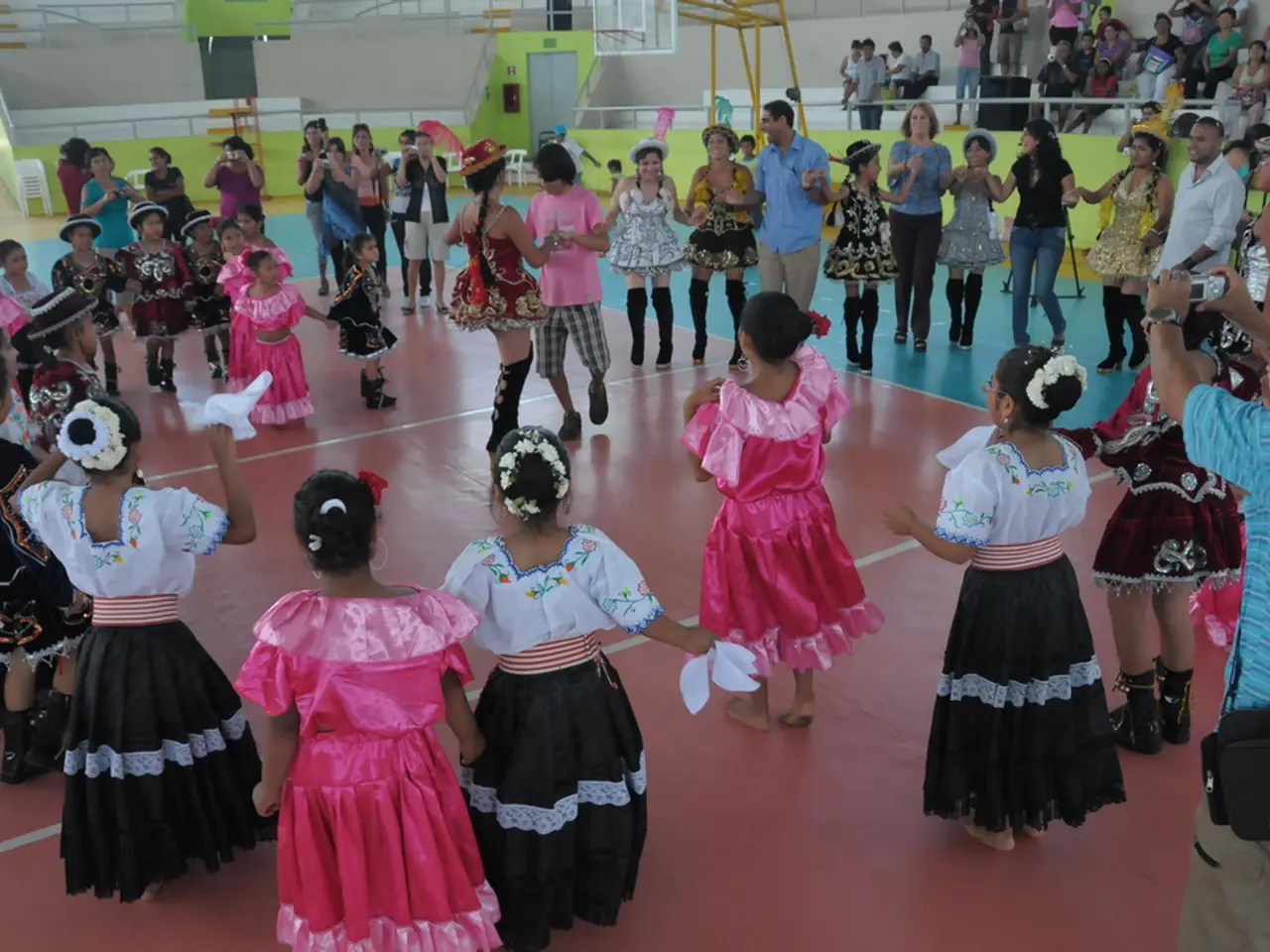Divers successfully completing water rescue evaluation along the Danube River close to Ingolstadt
Bavarian Water Rescuers Receive Training and Certification
A group of lifeguards in Bavaria, Germany, have recently completed a comprehensive water rescue training programme. The training, which took place on the Danube and included three complex scenarios, was supervised by an examination commission.
The training covered a wide range of topics, including technical water rescue skills, emergency medical care, and safety protocols. The lifeguards were trained in swift water rescue, boat handling, underwater diving, and victim stabilization in water. They also learned how to use rescue equipment such as life rings, rescue ropes, personal flotation devices, and sometimes drones.
In addition to practical skills, the lifeguards received extensive training in emergency medical care. This included basic to advanced first aid and CPR applicable to drowning or hypothermia victims. Safety protocols were also a significant part of the training, with non-entry rescue techniques being emphasized to avoid self-endangerment and to enhance rescuer safety and effectiveness.
The training was multi-stage, with various modules covering different aspects of water rescue. The lifeguards received hands-on practical exercises in variable water conditions to prepare them for both urban and natural water disaster scenarios. Upon completion of the training, the lifeguards received the silver lifeguard badge, signifying their qualification as water rescuers.
The new water rescuers are likely to have undergone training in various aspects of water rescue, including theory, practice, and deployment training. They are deployed as snorkel rescuers or as crew members on motorized rescue boats of the rapid response teams (RRT). Their key responsibilities include reaching and recovering survivors trapped by water, rendering emergency medical care, stabilizing victims in water, and facilitating safe evacuation.
The training was a collaborative effort, with the Water Watch local group Eichstätt providing active support for the examination. The district water watch Ingolstadt thanks the BRK readiness teams Ingolstadt for their support in conducting the examination. The Water Watch of the Bavarian Red Cross (BRK) Ingolstadt has welcomed five new water rescuers, and another water rescuer will soon join the Water Watch Riedenburg.
The lifeguards also received the snorkeling badge as part of the training. This badge signifies their proficiency in snorkeling, which is a valuable skill in water rescue operations. Water rescuers specialize in rescuing from surface and flowing waters, making them particularly active in emergency situations on waters, medical first aid, and major incidents in disaster protection.
In Bavaria, water rescuers are trained through specialized organizations like the Bavarian Red Cross, Wasserwacht (Water Rescue Service), or fire and rescue services. Their training is comprehensive and often involves hands-on practical exercises in variable water conditions to prepare rescuers for both urban and natural water disaster scenarios. Rescue personnel usually must meet stringent qualification standards reflecting national or European norms. They frequently collaborate with fire brigades, police, and disaster relief agencies during emergencies in Bavaria.
Though specific details from Bavaria were not part of the search results, water rescuer roles and training in similarly structured advanced rescue systems include multi-disciplinary skills integrating rescue, medical care, and watercraft operation. Emphasis on non-entry rescues to enhance rescuer safety and effectiveness is also a common feature. The use of emerging technologies like water rescue drones to improve speed and reach during floods is also becoming increasingly prevalent.
If you are seeking Bavaria-specific official training programs, agencies such as the Bavarian Red Cross and Wasserwacht provide water rescue training consistent with German national regulations and European Safety standards, often including certifications recognized across rescue services in Germany. This training prepares rescuers to handle diverse water emergency conditions encountered in Bavaria’s rivers, lakes, and flood events.
The newly certified lifeguards in Bavaria, despite specializing in water rescue, might also display proficiency in sports like swimming, given the physical demands of their roles.
As they collaborate with fire brigades, police, and disaster relief agencies, these water rescuers put their sports skills to the test in high-pressure, real-life situations, ensuring the safety of others.








